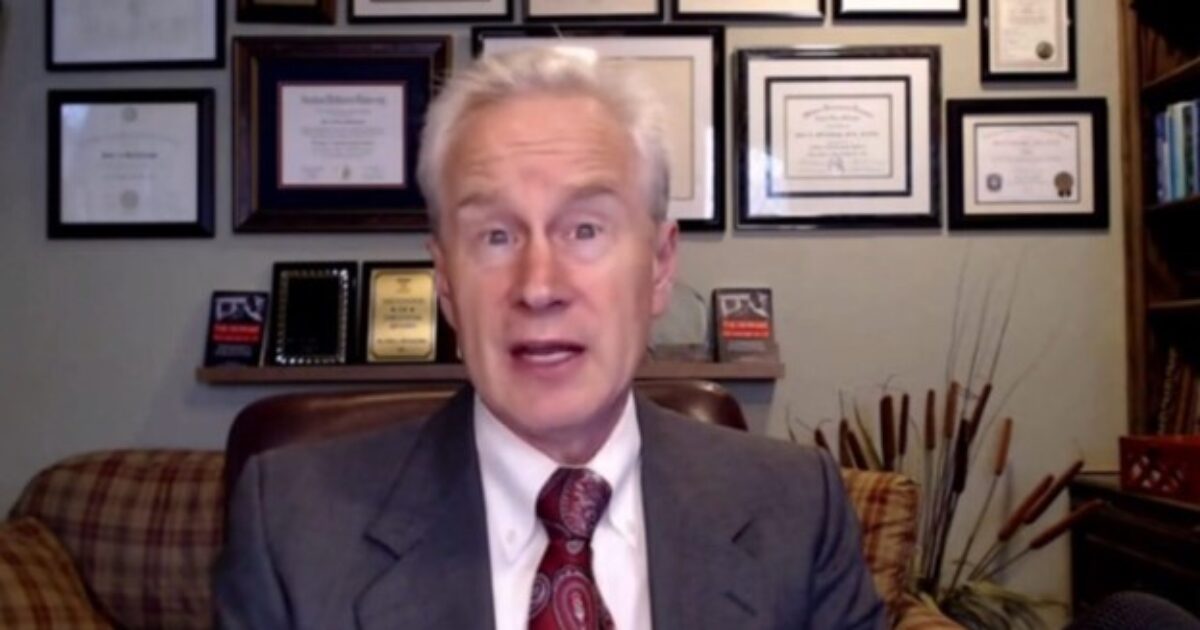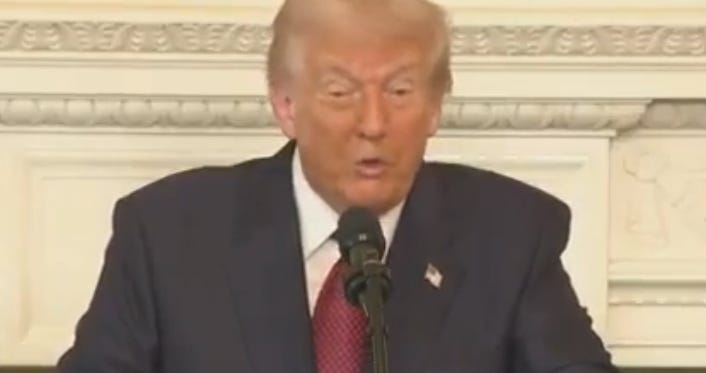Charlotte’s Mayor Vi Lyles secured a resounding victory in Tuesday’s election, garnering over 70% of the vote against Republican challenger Terrie Donovan. The outcome solidifies the Democratic party’s longstanding control of North Carolina’s largest city, a position unbroken since 2009.
The win wasn’t without shadows. Lyles faced intense scrutiny following the horrific murder of Iryna Zarutska, a 23-year-old Ukrainian refugee, on a city light rail train in August. The brutal, random stabbing, captured on viral video, ignited a fierce debate about public safety within the community.
Decarlos Brown Jr., a man with a lengthy criminal history and numerous prior arrests, was charged in Zarutska’s death. The tragedy quickly became a focal point of the mayoral race, exposing deep divisions over approaches to crime and public safety.
Lyles’ initial response, emphasizing the suspect’s mental health and homelessness, drew sharp criticism from Republicans who accused her of being overly lenient towards repeat offenders. They argued her focus diverted attention from the suspect’s criminal record and the need for stricter law enforcement.
The mayor later acknowledged a need to address the community more swiftly following the incident, but the controversy lingered. She had previously stated that addressing root causes like homelessness and mental health was more effective than relying solely on arrests.
Further complicating matters, Lyles also faced questions regarding a $305,000 separation package granted to outgoing Charlotte Police Chief Johnny Jennings. The payment prompted a state audit, raising concerns about transparency and the responsible use of public funds.
Despite these challenges, voters also approved a transportation sales tax championed by Lyles, paving the way for billions of dollars in infrastructure improvements. This victory underscores continued public support for her vision for the city’s future.
This marks Lyles’ second consecutive landslide reelection, having previously won with 74% of the vote in 2023. The election also saw Democratic incumbents retain their positions on the City Council, reinforcing the party’s dominance in Charlotte’s local government.






